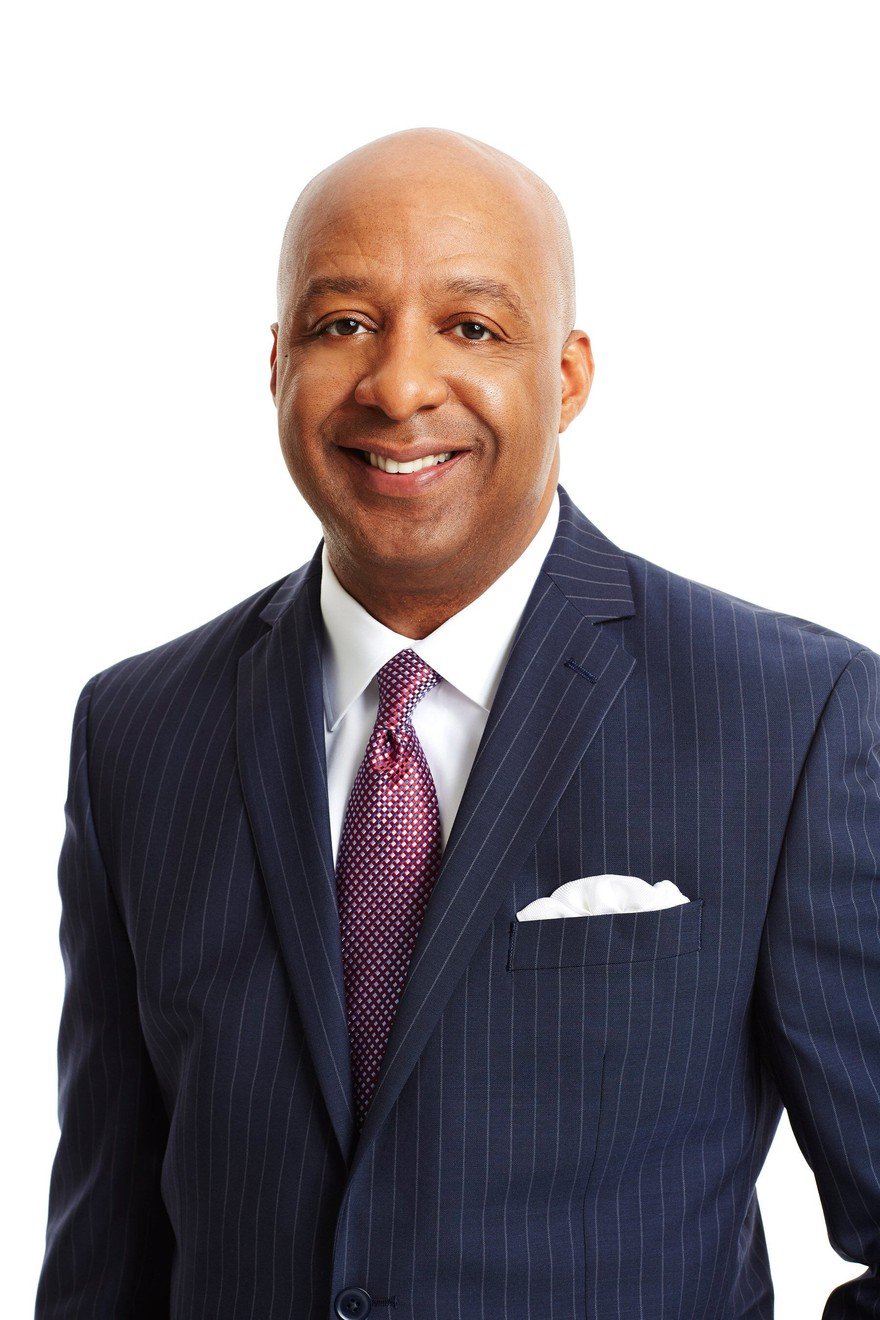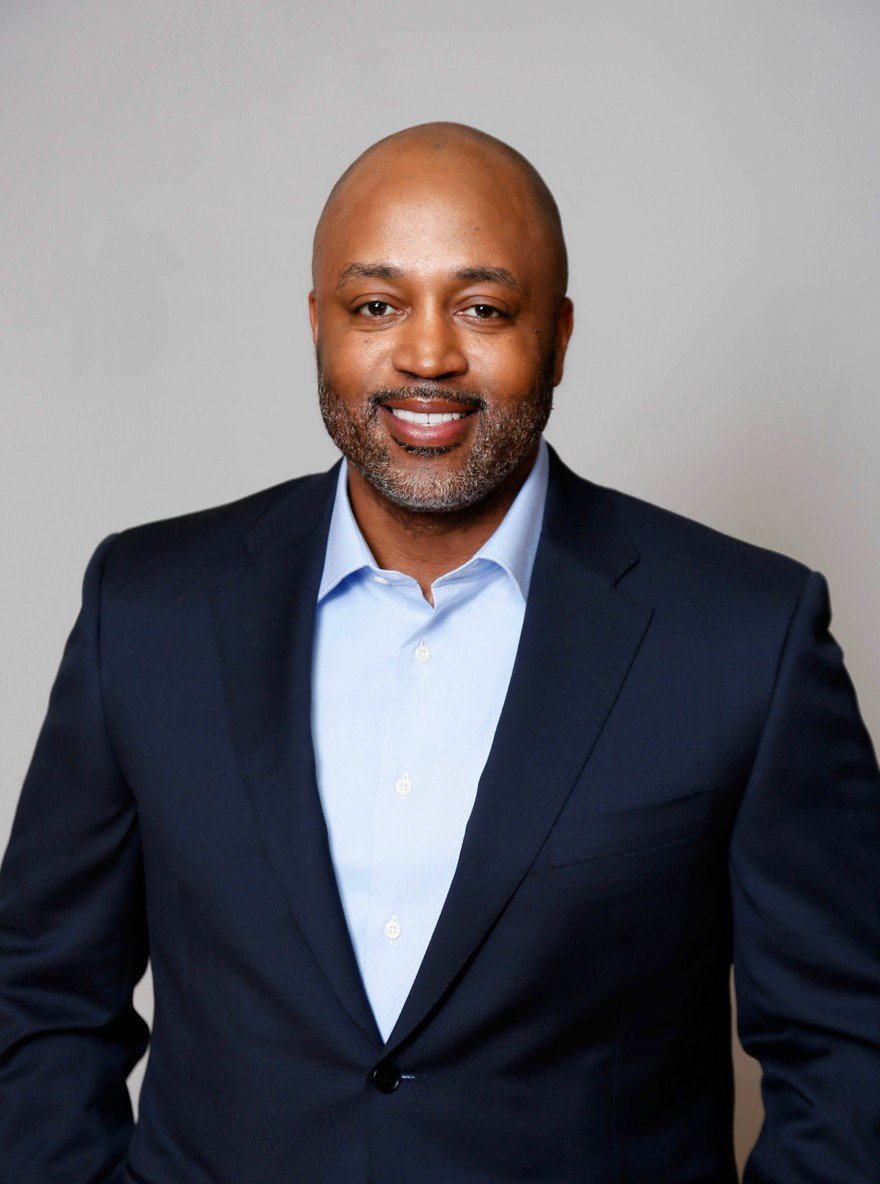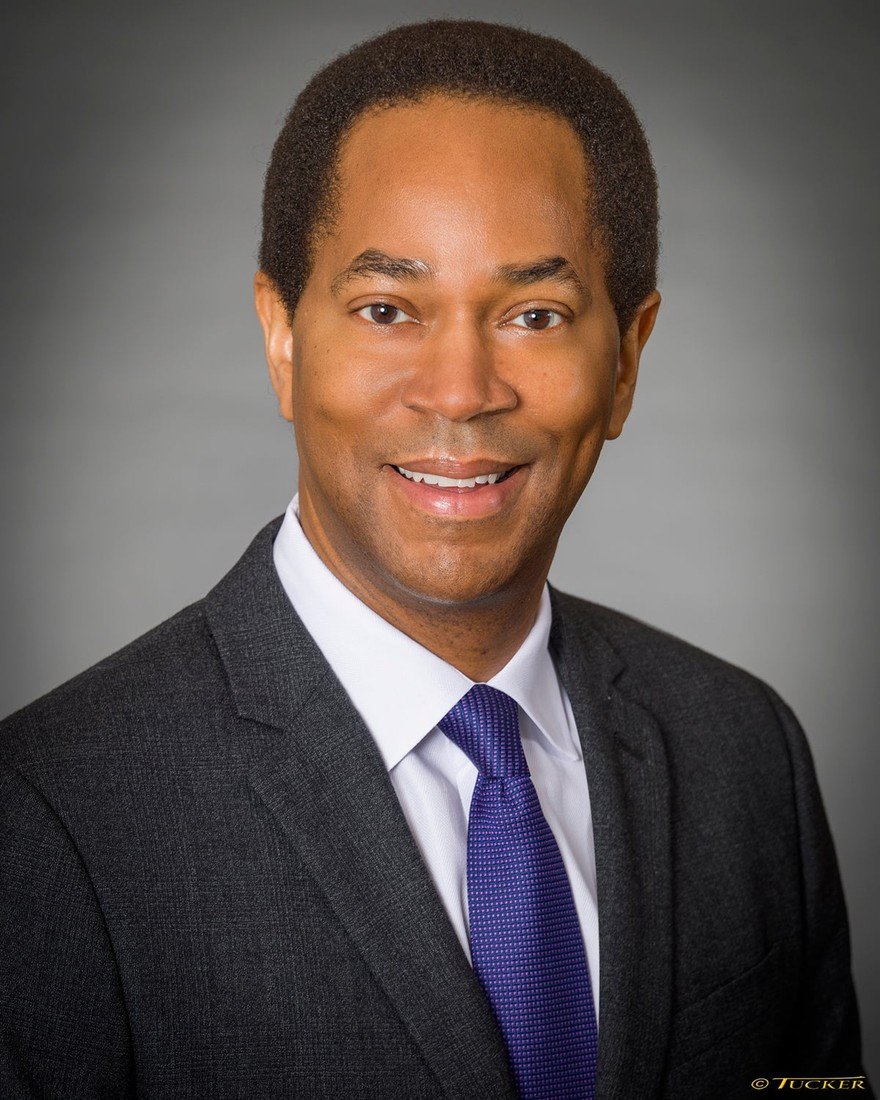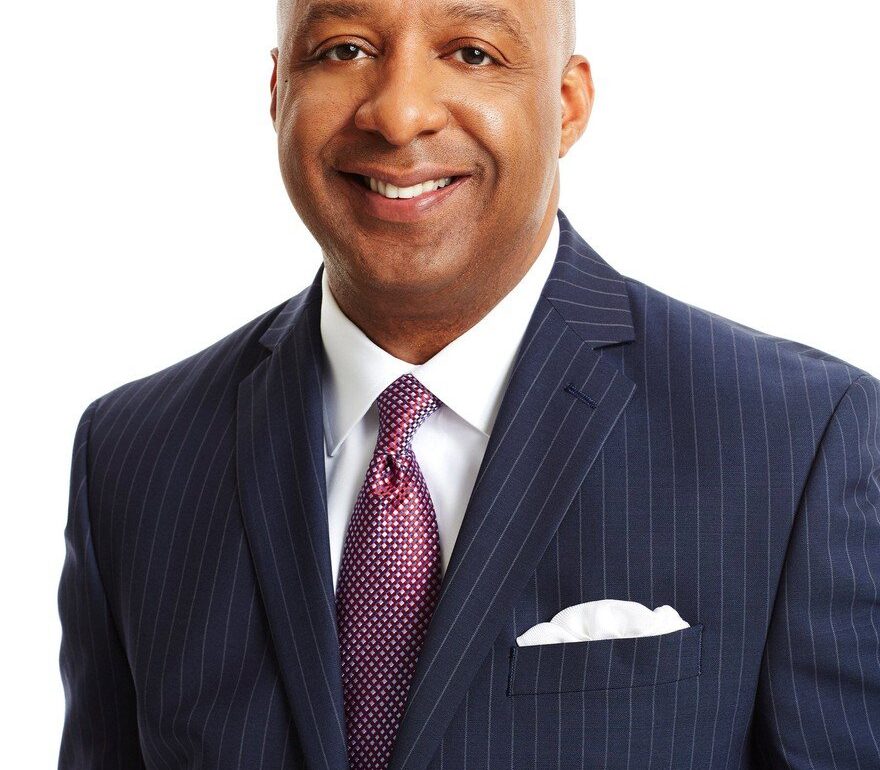The list of Black executives generating value for shareholders is growing across corporate America. However, the list of Black CEOs remains small. As of mid-2024, just eight Black CEOs are heading up companies in the Fortune 500. Let’s dive in and take a closer look at three of the leading Black American CEOs.
1. Marvin Ellison
1. Marvin Ellison, Chairman, President, and CEO, Lowe’s Companies

Image source: Lowe’s.
Lowe’s (LOW 0.12%) needs to play catch-up with its key rival, Home Depot (HD -0.14%). Marvin Ellison, CEO of Lowe’s, may be the right person for the job because he played a pivotal role in Home Depot’s success in the first place. He spent 12 years in various senior-level roles at Home Depot and headed up the chain’s U.S. stores from 2008 to 2014.
After the 2008-09 financial crisis, Home Depot outperformed Lowe’s across several metrics, including earnings before interest, taxation, depreciation, and amortization (EBITDA) margin. Similarly, Lowe’s trailed its rival in earnings generated from assets and took longer to sell its inventory.
Simply put, Home Depot made more money selling products more quickly than Lowe’s. That mostly comes down to in-store performance — something Ellison oversaw during his tenure.
Ellison’s plans involve capturing market share by re-engaging professional customers, resetting Lowe’s store’s footprint, and expanding its online presence. A big part of his vision is expanding omnichannel sales (online customers often want to pick up deliveries in-store) and investing in increasing same-day and next-day delivery, a vital issue for professional customers.
Ellison’s experience and previous commitment to improving Home Depot’s customer-facing operations should place him in good stead as he sets about improving Lowe’s performance. The good news is Ellison is making progress on the metrics discussed above, and Lowe’s stock has significantly outperformed Home Depot and the S&P 500 since his tenure began in July 2018.
2. Russell Stokes
2. Russell Stokes, President and CEO, Commercial Engines and Services, GE Aerospace

Image source: GE Aerospace.
Russell Stokes is the president and CEO of Commercial Engines and Services at GE Aerospace (GE -0.01%). Stokes is a 23-year GE veteran, having previously led GE Power, GE Power Portfolio, GE Energy Connections, and GE Transportation.
Stokes has been key to some of GE’s most crucial initiatives. For example, before his appointment at GE Aviation Services in 2020, Stokes was involved in turning around the company’s poorly performing power business.
As head of Commercial Engines and Services, Stokes will play a pivotal role in increasing earnings at GE. The business he leads is a jewel in GE’s crown, and commercial engine services is where it makes its money. GE Aerospace and its joint ventures are responsible for the engines in more than two-thirds of the world’s commercial flight departures.
Typically, engines require multiple shop visits over their lifetime, so as soon as a GE engine is installed on an airplane (usually at a loss), the aim is to start generating highly lucrative services revenue on it. As such, services revenue is key to generating shareholder value and ensuring safe air travel for passengers all over the globe.
3. Craig Arnold
3. Craig Arnold, Chairman and CEO, Eaton Corporation

Image source: Eaton Corporation.
Eaton (ETN -0.09%) CEO Craig Arnold doesn’t always get the attention he deserves. That’s probably because the power management company isn’t exactly a high-profile company among retail investors. But the industrial sector veteran — Arnold began his career at GE in 1983 — heads up a company in the throes of transformation.
After joining Eaton in 2000 as senior vice president of the fluid power group, Arnold rose through the ranks to become the chief operating officer of Eaton’s industrial sector. Since he was appointed CEO in 2016, Arnold has aggressively set about divesting non-core operations, such as hydraulics, lighting, and automotive fluid conveyance businesses.
Meanwhile, he invested $6 billion in acquiring companies exposed to the themes of electrification and aerospace. This strategy has proven to be value-creating, as favorable end markets, such as the trend toward electrification, renewables, and the smart grid, promise to boost Eaton’s growth prospects in the coming years.
In addition, the digitalization of the economy is boosting the need for power management and electrical equipment solutions. Eaton is also a beneficiary of infrastructure spending and the clean energy revolution.
These favorable trends in Eaton’s markets and Arnold’s stewardship have led Eaton’s stock to significantly outperform the S&P 500 since Arnold took over.
Related investing topics
Driving growth
How these top Black CEOs are driving growth
The exciting thing about all three of these top CEOs is that they are all leading dynamic businesses that are taking steps to ensure long-term growth.
Ellison is focusing on Lowe’s margins and store performance. Stokes is concentrating on growing GE Aerospace’s key commercial engine aftermarket services revenue — the company’s most profitable business. Arnold is executing Eaton’s transformation plan and placing the company in the center of the electrification-of-everything megatrend.
The trio will likely play pivotal roles in their companies’ futures while inspiring people along the way.



